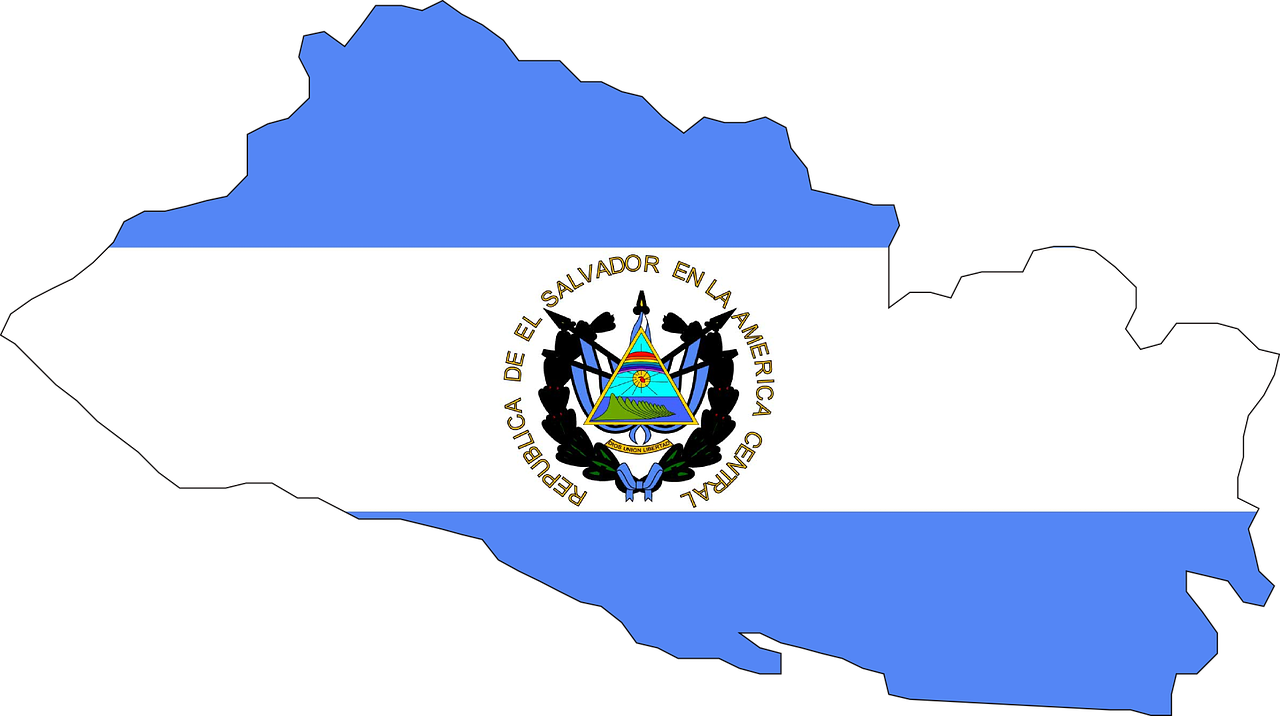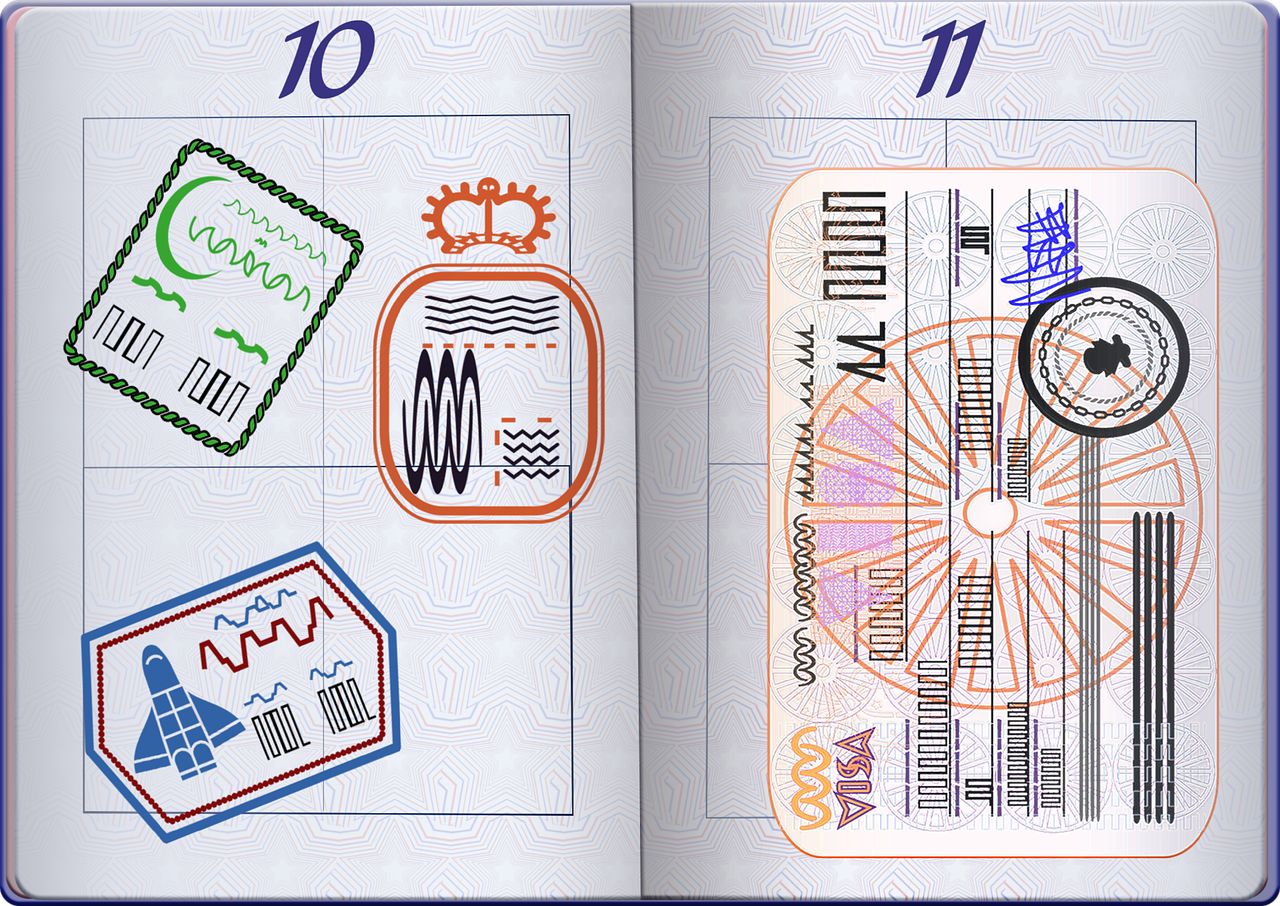
In this blog post, we share with you some recent updates in the world of immigration.
Suspension of Visa Services in Sudan
Today, April 24, 2023, the Department of State announced suspension of non-immigrant and immigrant visa services in Sudan, due to armed conflict in the country. The U.S. Embassy in Khartoum suspended all operations on April 22, 2023, and all personnel have been evacuated under orders of the Department of State.
All Immigrant and Diversity Visa interviews have been cancelled until further notice. Those with an inquiry about a pending post-interview Immigrant Visa case, are advised to send only one email to KhartoumIV@state.gov. The inbox will remain unmonitored for a certain period of time, until officials can begin to resume normal or alternative operations.
The mission is unable to conduct passport or document passback for the time being.
Applicants for U.S. nonimmigrant visas are encouraged to apply in any country in which they are physically present and where there are appointments available. As each U.S. Embassy and Consulate has specific application procedures, applicants should contact the U.S. Embassy where they wish to apply directly. Contact information for U.S. Embassies is available at usembassy.gov.
ICE launches online CeBONDS capability to automate bond payments
Last week, U.S. Immigration and Customs Enforcement (ICE) announced its implementation of a new web-based system called, Cash Electronic Bonds Online (CeBONDS), which provides a fully automated, online capability to request verification of bond eligibility, make cash immigration bond payments, and send electronic notifications to cash bond obligors. The web-system will benefit detained noncitizens determined by the Immigration Judge or ERO to be suitable for release on bond and enables ICE to send electronic notifications to cash bond obligors.
Individuals will still have the option of making in-person bond payments until the online system fully takes over on June 1st.
CeBONDS Frequently Asked Questions
Who can utilize CeBONDS?
U.S. citizens, lawful permanent residents, law firms, and non-profit organizations can use CeBONDS to post a delivery bond, voluntary departure bond, or order of supervision bond. Noncitizens can also post a voluntary departure bond or order of supervision bond on their own behalf.
Continue reading
 A new article published in the New York Times reveals the 43 countries that are reportedly included in President Trump’s new travel ban, expected to be released by executive order on Friday March 21st.
A new article published in the New York Times reveals the 43 countries that are reportedly included in President Trump’s new travel ban, expected to be released by executive order on Friday March 21st. Visa Lawyer Blog
Visa Lawyer Blog










